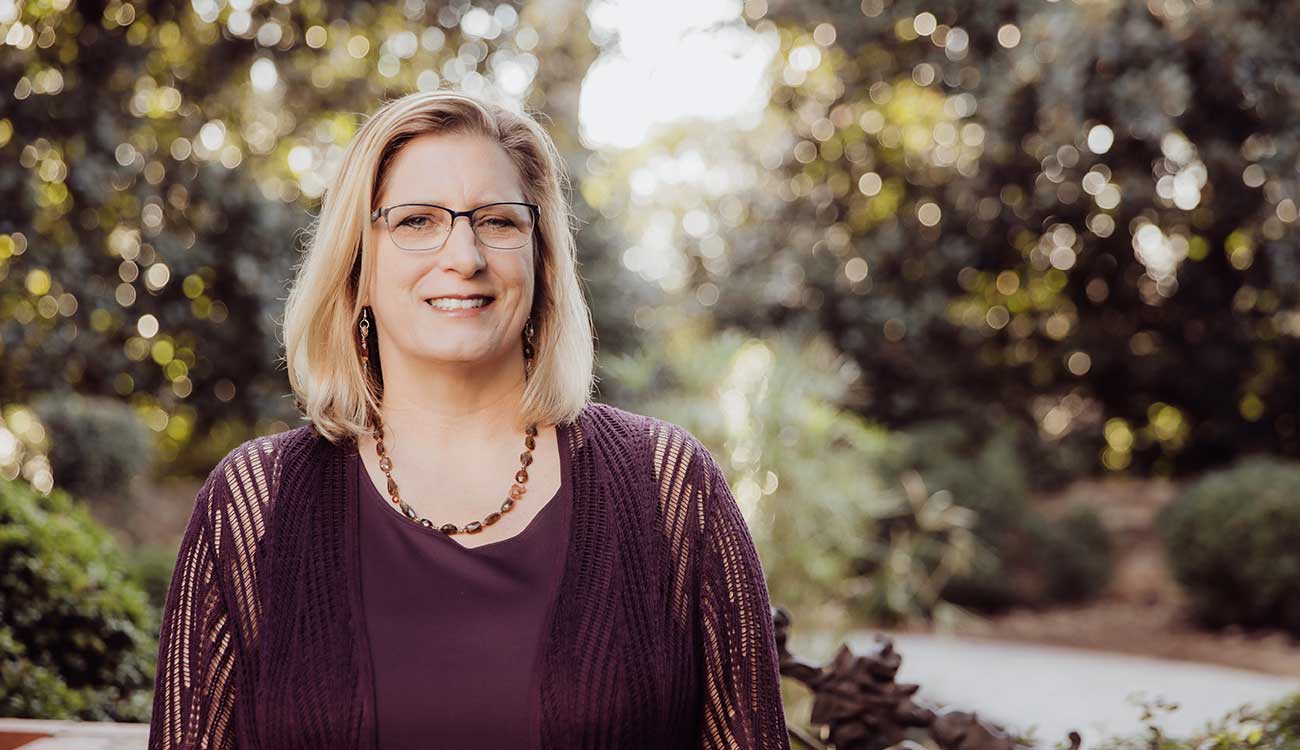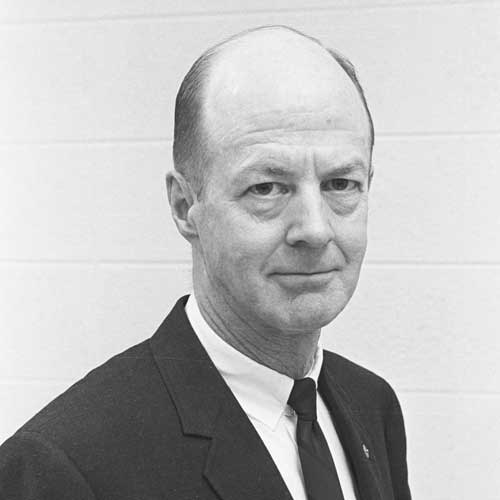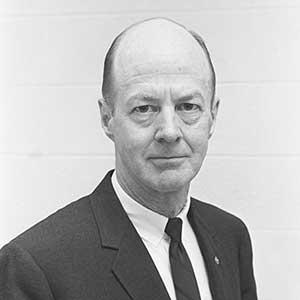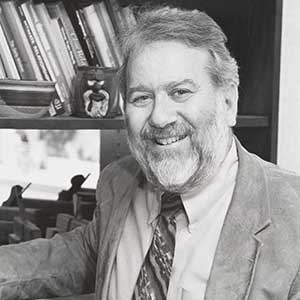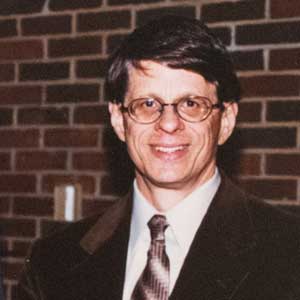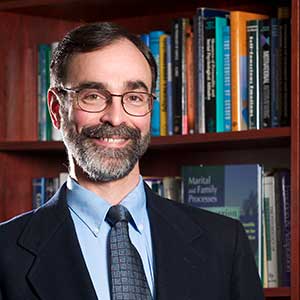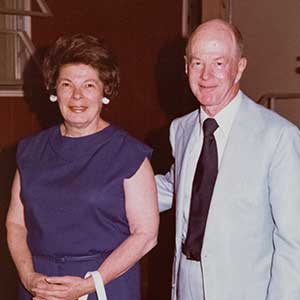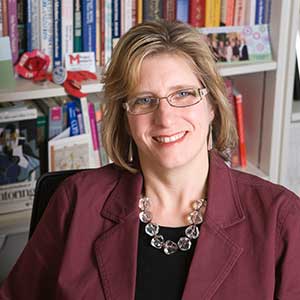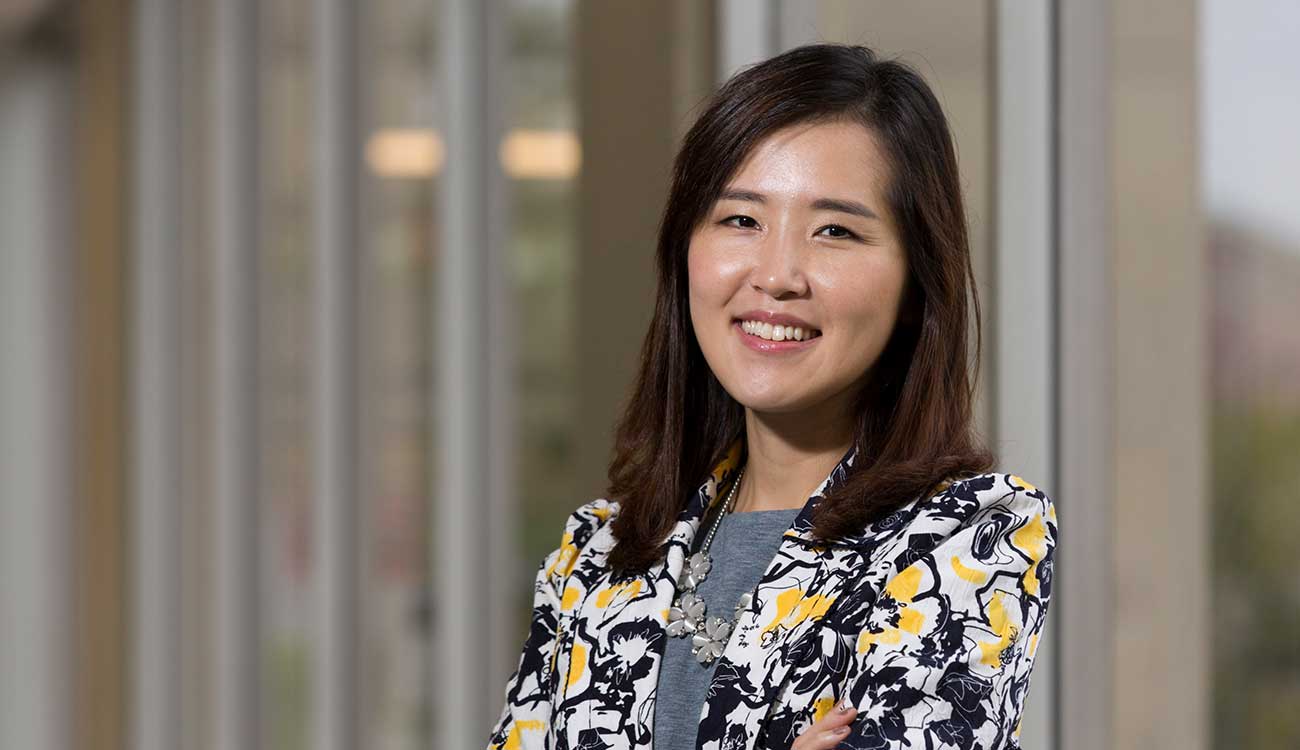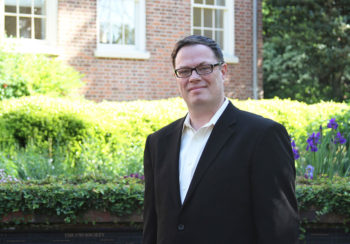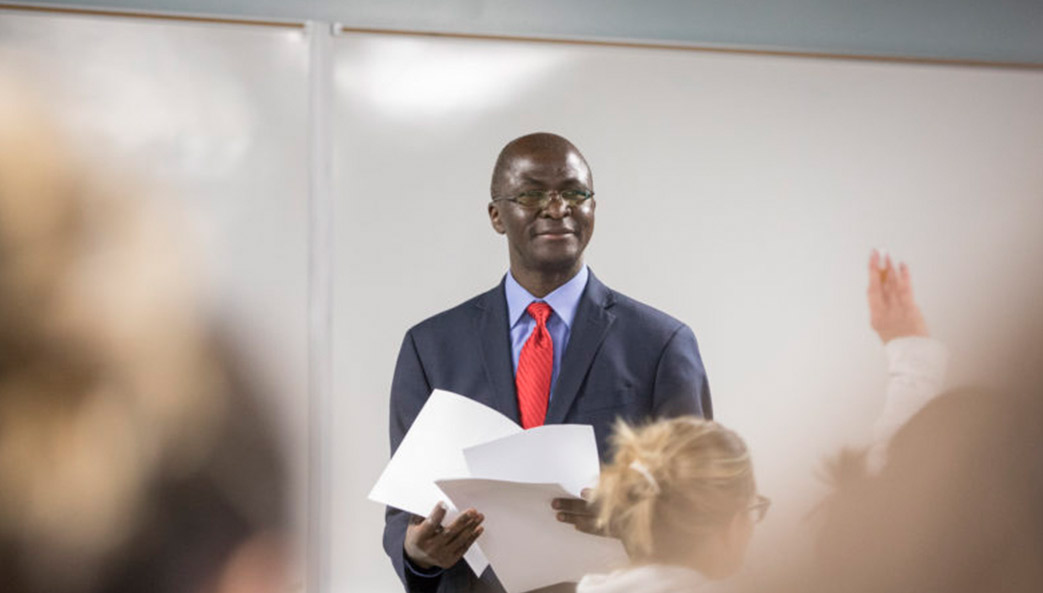
Back in 1970, bringing researchers from different disciplines together to address problems was a novel concept in academia.
Owens took over UGA’s former Social Science Research Institute in 1970 as it was renamed the Institute for Behavioral Research. With his reputation as an interdisciplinary thinker in the field of applied psychology and his likeable personality, Owens was the right person at the right time.
The reimagined institute’s primary purpose was “to provide the University of Georgia with a distinctive and distinguished interdisciplinary thrust in the behavioral sciences.” The stated benefit would be “to increase the university’s visibility in the behavioral sciences, and thereby to enhance its appeal to students, faculty and granting agencies.”
The institute was named for Owens at its 40th anniversary after his wife, Barbara, donated $1 million to create its endowment.
“A lot of universities paid lip service to interdisciplinary research, but this wasn’t much of a reality [at most universities]. So the institute and Bill’s vision was groundbreaking and one that he realized,” said Abraham Tesser, who served as the institute’s second director.
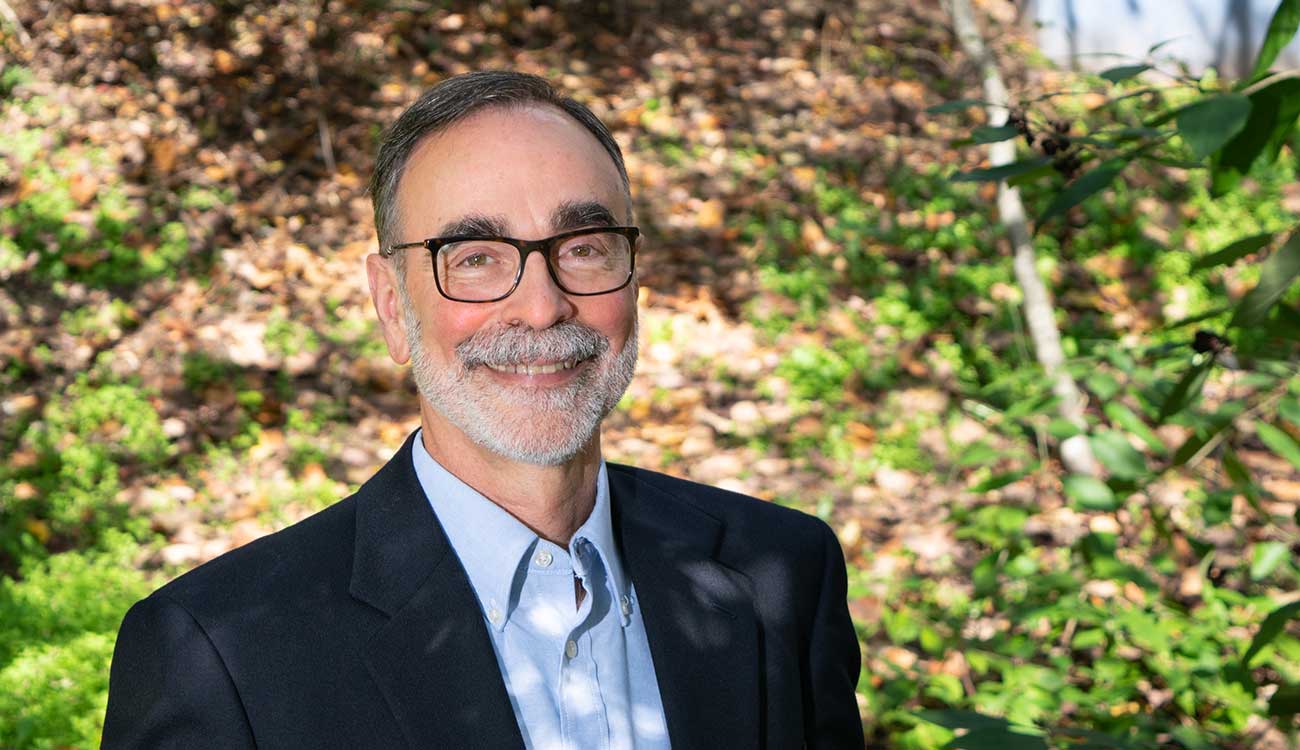
An interdisciplinary vision
As a researcher during World War II—working for the Bureau of Naval Personnel in test construction and personnel psychology—Owens learned in a military context that breaking down disciplinary boundaries was a better approach to solving broad problems. It helped to energize cohesion.
“We kind of take it as a given now that, to answer big problems in society, you have to approach it from lots of different perspectives,” said Eby. “Bill was talking about these things before everyone else. He was a pioneer of really thinking about problems from very different and complementary disciplinary perspectives.”
Owens spent much of the early years at OIBR recruiting some of the top research stars across campus in social and behavioral sciences and bringing them together to discuss ideas.
“He was very selective,” said Steven Beach, Center for Family Research co-director and a former OIBR director. “One of the things that happened early on was Bill set the stage for people respecting the potential contributions of people outside of their own departments.”
The result has been an evolution of influence across the wider university as the institute’s reins passed through five different directors in its 50 years at UGA, incorporating centers of excellence, junior faculty development and grant stewardship along the way.
“Now it became a hub for interdisciplinary research,” said Tesser, professor emeritus of psychology. “It became a place where lots of people within the university found a home and put a stronger emphasis on research than even in their home departments. Funded research became much more important.”
Since Owens became founding director in 1970 and served through 1984, there have been four successors—Tesser (1984-94), Rex Forehand (1994-2003), Beach (2003-2013) and Eby (2013-present). Each has steered changes and expansion of OIBR services. The interdisciplinary research going on now crosses boundaries much further afield than 30 years ago. Eby, for instance, has helped expand the institute’s reach beyond the social and behavioral sciences, including into the biological sciences.
“We’ve really broadened our scope and have affiliates across many colleges and schools, including public health, public administration, international affairs, education and more,” Eby said. “Our reach has grown dramatically.”
The founding principle that has guided the institute since the beginning has never changed—a spirit of collaboration.
“You can look at UGA, and it feels like a big business with these silos,” said Forehand, former Regents’ Professor of psychology at UGA. “What OIBR did was bring people together. It launched collaboration but also individual careers. OIBR did things that departments didn’t or couldn’t do.”
Brody, who was appointed Regents’ Professor at UGA in 2004, has worked with all five OIBR directors in his 44 years at UGA. He believes the institute’s unique interdisciplinary framework is responsible for “making our science great.”



